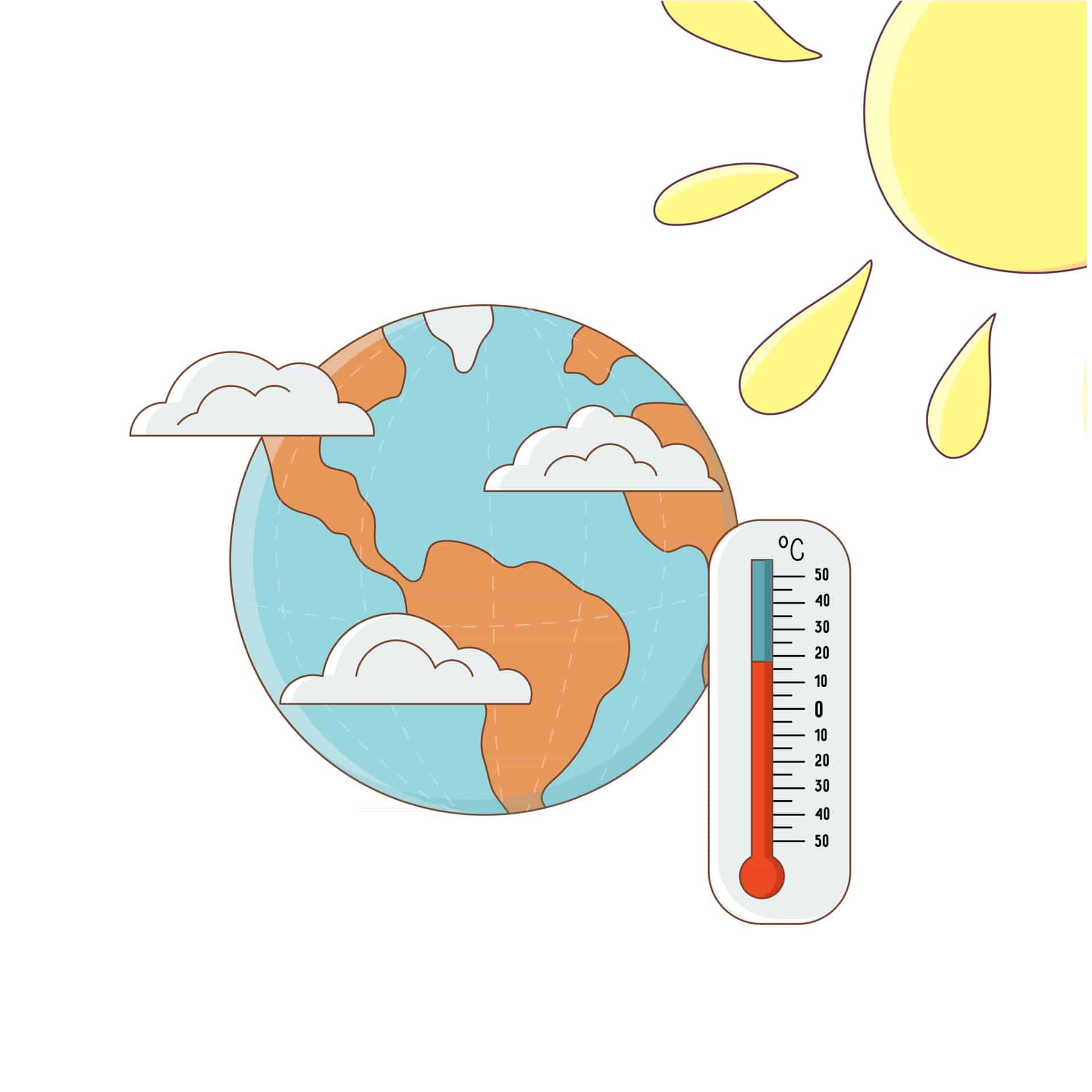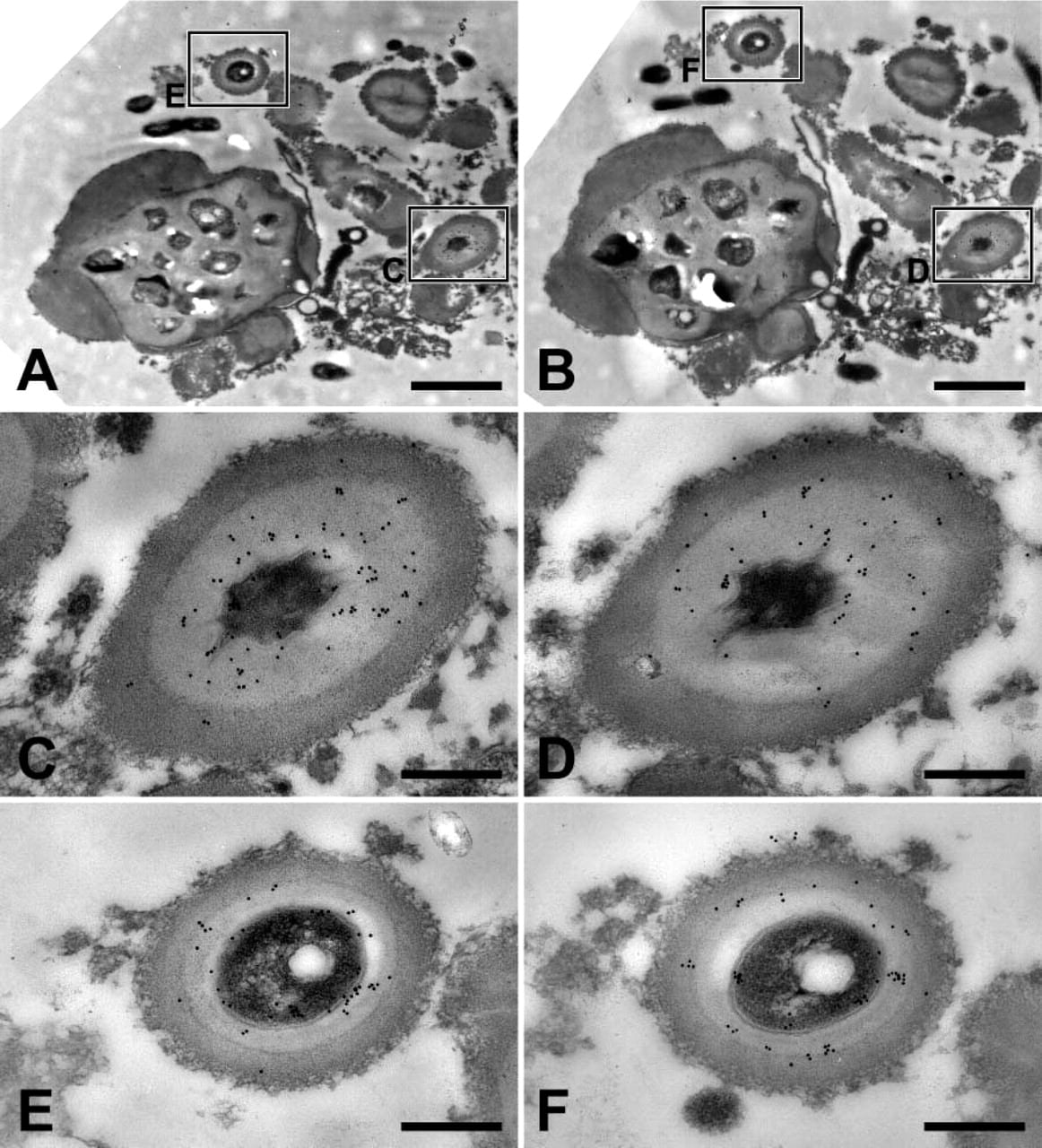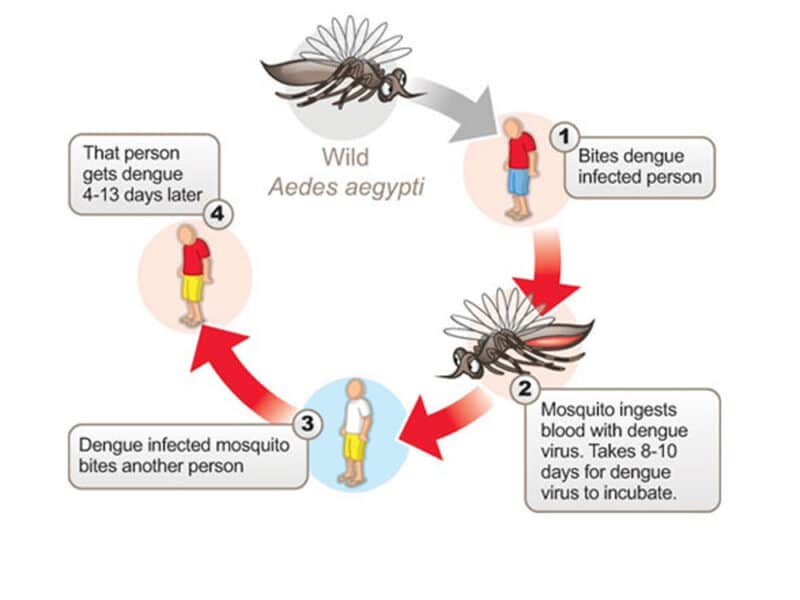Aging accelerates in mosquitoes because of the high temperatures. This process weakens a mosquito’s immune system. A compromised immune system makes these insects susceptible to diseases. The rising temperature of the planet is worsening the situation.

Weak Immune System
The body gives out many immune responses to get rid of the infection when immunocompetent individuals still get sick. The same happens in insects like mosquitoes. They tend to be very sensitive to their environment. Mosquitoes are ectothermic organisms. That is why their body temperature changes based on their surroundings.

Scientists raised mosquitoes in captivity and observed the insects’ immune responses. One specific response was melanization. This response involves the formation of hard melanin shells around the pathogenic microorganisms. Pathogens cannot get the nutrients they need to multiply in the mosquito’s body they cannot go anywhere. The mosquito’s body temperature increases if the surrounding temperature is high. This ages the mosquito faster and weakens the process of melanization. The insect ends up more likely to contract diseases.
More on Melanization
A mosquito’s abdomen has dark pigments or melanin deposits. As mentioned earlier, melanization is an immune response of a mosquito’s body whenever it encounters pathogens. It plays a vital role in cuticle tanning and wound healing as well. Melanization is not efficient in an aging mosquito.
PPO (prophenoloxidase) is the relevant enzyme in melanogenesis. Melanization is a toxic reaction to bacteria, viruses, parasites, and fungi. It coordinates with other immune reactions to attack body invaders. Insects have different immune responses. The patterns of these immune responses trigger many responses like melanization, which aim to get rid of the invader.

Melanization produces melanin and cross-links it with the microbes or injured tissue. This results in the killing of the foreign substance, as well as the formation of a clot. In insects, melanization also results in the hardening of the body’s exoskeleton.
The vital enzyme in this process is PO (phenoloxidase). It facilitates tyrosine-dihydroxyphenylalanine and dopamine-dihydroxyphenylalanine. PPO (prophenoloxidase) turns into PO because of a CLIP (clip domain serine proteinase). These CLIPs are only found in invertebrates. It functions in waves to regulate many immune responses. A few of them are AMP (antimicrobial peptide) synthesis, coagulation, and melanization.
Prevalence of Dengue As an Example of Immuno-compromised Aging Mosquitoes
Dengue is a common mosquito-borne disease in sub-tropical and tropical areas. It comes from an arbovirus that infects Aedes albopictus and Aedes aegypti mosquitoes. Studies show that the surrounding temperature affects the survival of these mosquitoes. It also impacts the actual spread of dengue. High temperature speeds up the aging of these insects. That is why they contract dengue. This makes it easier for them to spread the disease to people they bite.

The rising global temperatures trigger faster aging in mosquitoes. This makes their immunity weaker. The mosquitoes will become infected with various mosquito-borne diseases at a much higher rate. More people will contract these diseases if the mosquitoes survive long enough to get a blood meal. Protecting yourself from possible bites can save yourself and your household from severe or even fatal illness.